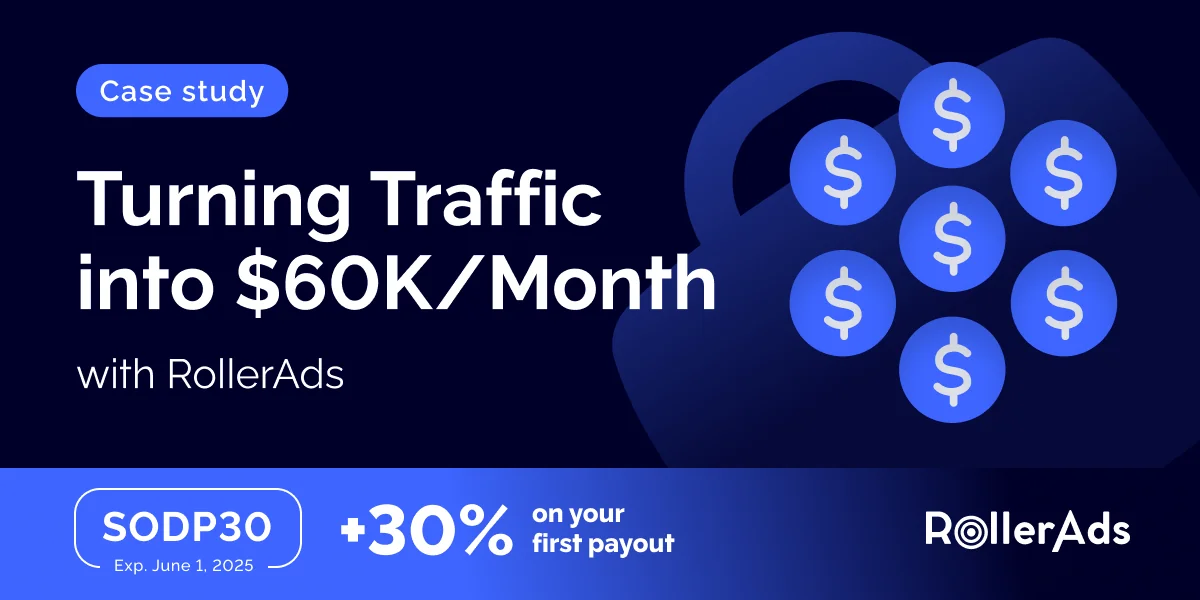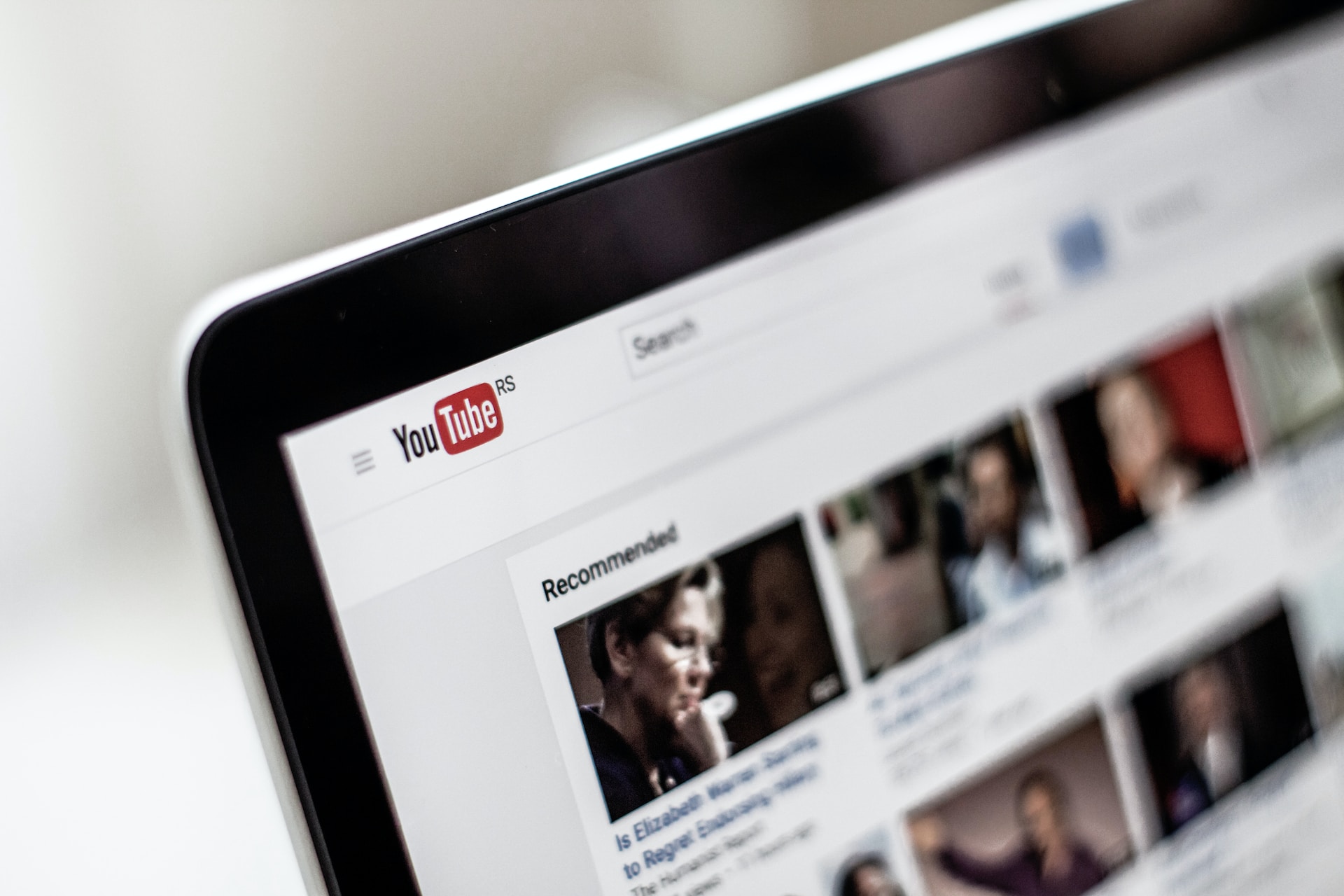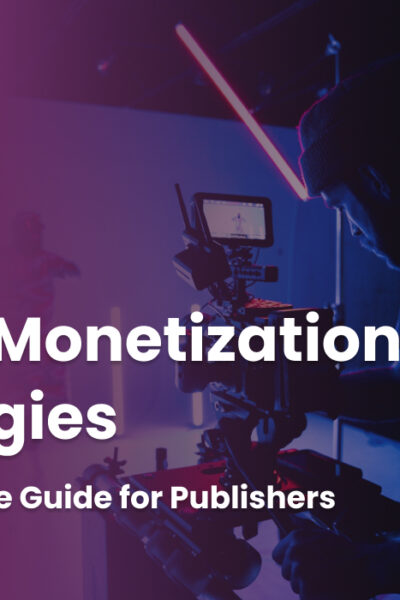Can you provide a background of your company?
We established PubGalaxy in 2013 following the success of PhoneArena.com, our tech website. Through our work on this, we’d become experts in best practice and optimum ways to monetize sites, and we wanted to share our experiences with other publishers. The natural next step was forming PubGalaxy to do this. It is a publisher-centric monetization platform that leverages the capabilities of programmatic advertising to help premium publishers drive consistent uplift in ad revenue, ensure superior ad quality and deliver the exceptional user experience.
We provide this through data-driven strategies built on precise technology, advanced analytics, partnerships with industry leaders, and our human expertise; we now have over 100 employees across our offices in central Europe, London and New York.
What are your main roles and day to day priorities?
I was one of the co-founders of PubGalaxy — having worked at PhoneArena.com before this — and I’ve now been COO here for seven years. During this time, naturally some aspects of my role have been adapted to reflect the changing needs of publishers and also the advances in the tech we use, but the priority of my job remains the same; to liaise with the team and our publishers to ensure that we’re continuously driving higher revenue for them. On a day to day basis, this means that I will have regular contact with the publishers we work with, usually the CEO or owner-founder, and liaise with my heads of business to ensure that all of our teams and systems are on track.
As a company, we’re forward-looking and an exciting part of my role is strategizing the business growth to keep us ahead of the latest developments in the industry, for the benefit of our clients and our company. We’re lucky to have an extremely talented workforce from a variety of backgrounds with the industry, and I’ll regularly touch base with team members to understand how their day to day activity is feeding into our overall plans and progress.
What business problem are you trying to solve?
PubGalaxy helps publishers grow revenue so they can focus on content, and this incorporates the huge amount of issues that publishers are facing in the current market, including how to achieve the maximum yield for any given page, as well as changes in user behaviour patterns on the open web. We have the experience and understanding of how to work with all the different platforms, their policies and capabilities, how to best negotiate with them, and troubleshoot any problems that may arise. Another ongoing priority is managing the privacy regulations that are rolling out globally alongside the continuous move towards cookieless browsers; how to be compliant and respectful of data, while monetizing content.
With custom propriety front-end tech, expertise in algorithm changes, buying mechanics and visibility issues, as well as constant AB testing, PubGalaxy is perfectly positioned to help address these challenges for publishers of all sizes
What are you seeing in digital publishing right now?
The first two quarters of 2020 have — so far — seen fall-out from the COVID-19 situation causing fluctuations in web traffic and ad-spend rates, which is having varying effects on publishers globally. This is expected to remain a priority focus for the next six months and we’ve been working closely with our partners to help them navigate their way through it to remain stable and seize the suitable opportunities available.
While we work with individual publishers to tailor their responses to this, a couple of general areas we’ve been advising on are platforms that work around maximising buyer returns and results-based marketing, such as Google AdWords. This mainly operates on a click-centric basis allowing publishers to track the type of ads that are delivering results and increase on-page availability. There can be some careful adaptations here that publishers can make to match supply to demand trends including tech features such as ad refreshing with some ad placements that provide good access to buyers.
We’ve seen a current tendency of some publishers to drop floor prices, which can be tempting to do to increase marginal yield, but this also raises the risk of fraudulent and low quality ads. However, we prefer to keep floor prices relatively high and stable to maintain the quality of ads. Too much of a drop in price can cause more problems in the long-term, including reputation issues with an audience and difficulties when you try to push prices back up; ad buying algorithms detect these lower prices and will adapt their bidding strategy to it, making it much harder to return to a higher price and better quality ads when conditions are more consistent again.
It is also an interesting time now in terms of changes to cookies. Safari recently reduced the effectiveness of third party cookies at almost the same time that Google SameSite relaxed the rules on them, albeit temporarily. While this third-party cookie reversal can be beneficial for the time-being, both the buy side and sell side should still aim to be compliant and continue to prepare for this. The industry can use this relaxation on SameSite as a chance to make the most of opportunities in the short-term, but continue planning for a cookieless world in the future
What can publishers do to creatively unlock advertisers revenue? How can they best monetize their content?
PubGalaxy’s key approach is to put dedicated effort into an individual site; it’s important to really go in-depth on the buyers and match supply to demand. By knowing and understanding the market, we are aware of how to get the most out of any situation. For example, how to best respond in an economic crisis or how to increase the potential of campaigns around a new consumer product coming to market in your vertical. This is about avoiding a cookie-cutter set-up, and instead being flexible, adaptive, and monitoring changes so you have the upper hand to react creatively on a very granular level.
We can’t talk about creativity without referencing the role automation plays in this. Automation allows you to actually focus more on relationships and understanding — from negotiating better fees, to adapting to traffic spikes, and securing private deals — by doing the manual work, we’re able to offer something not available through the open market.
Finally, of course, there is the creativity of the front-end. Traffic acquisition and retention are an absolute must in any strategy, especially at the moment, and this is one of our optimization pillars. Many agencies will focus on the back-end technicalities, but ultimately, the consumers’ attention is key and it’s important to adapt ad strategy around user behaviour; keeping the audience engaged with creative experiences gives the inventory much more value.
Content from our partners
How do you view the future of digital publishing?
As I mentioned earlier, privacy regulations and cookieless browsers will continue to play an increasingly important role in digital publishing, and we’re expecting to see more exchanges working with multi-user IDs and ID libraries.
For the ecosystem overall, we’re continuing to see an upward trend in private and programmatic guaranteed deals. Other areas to watch are growing traffic in-app, more opportunities in video, and Web Stories (AMP ads); if we look at the success ‘stories’ has had on social media, AMP has the potential to open advertising revenue avenues in a similar way.
In terms of the digital publishing content, on the editorial side, there are always interesting developments in consumer trends and the verticals that cater to these. As well as discussions around the role of longform content and the growing popularity of short form. What happens editorially is intrinsically linked to monetization, so we’re constantly testing to be ahead and well-placed to respond with best practice.












